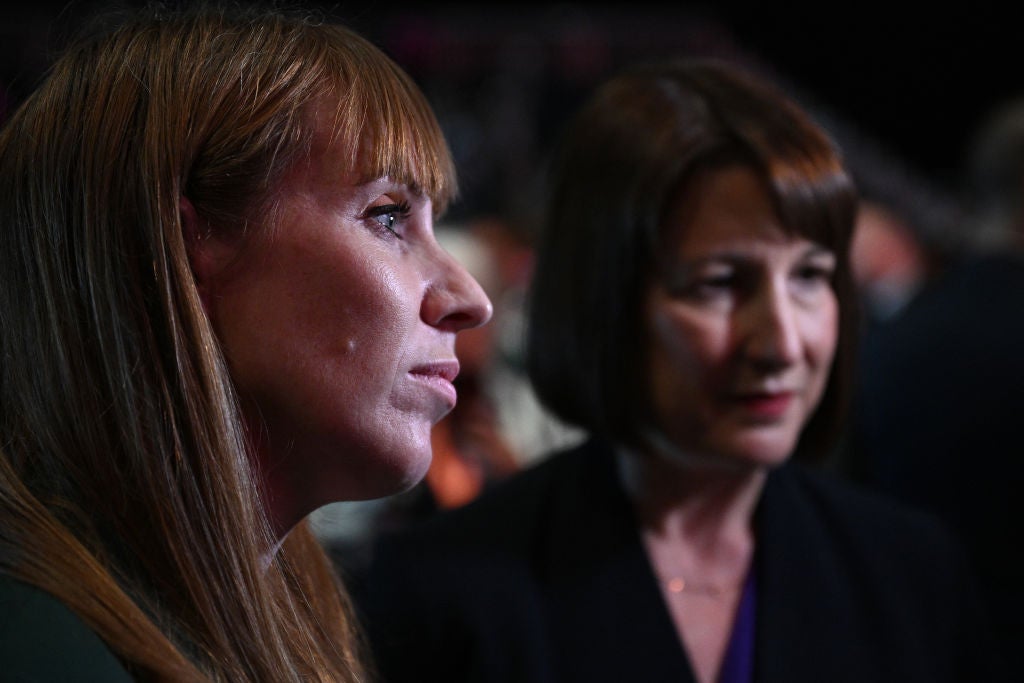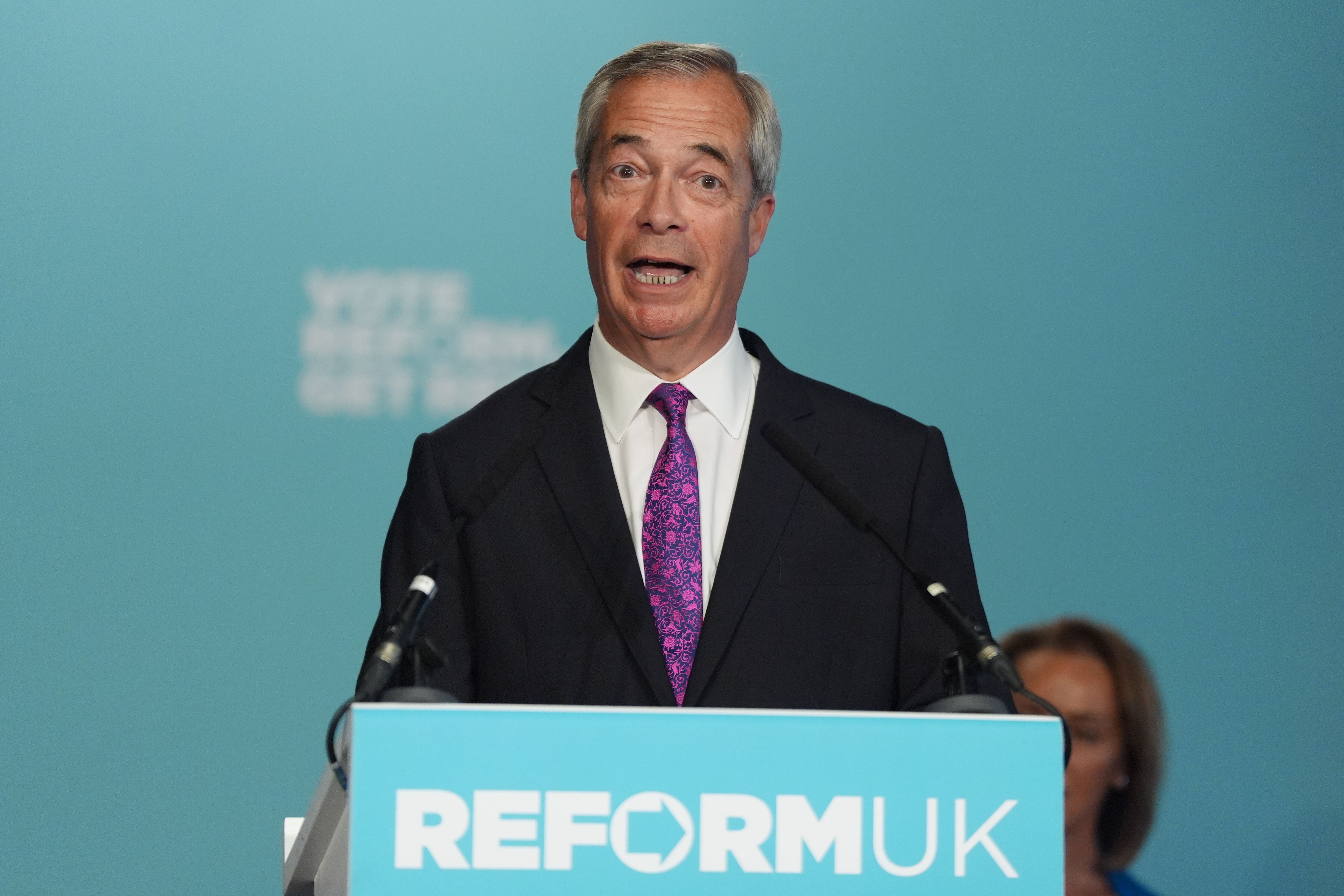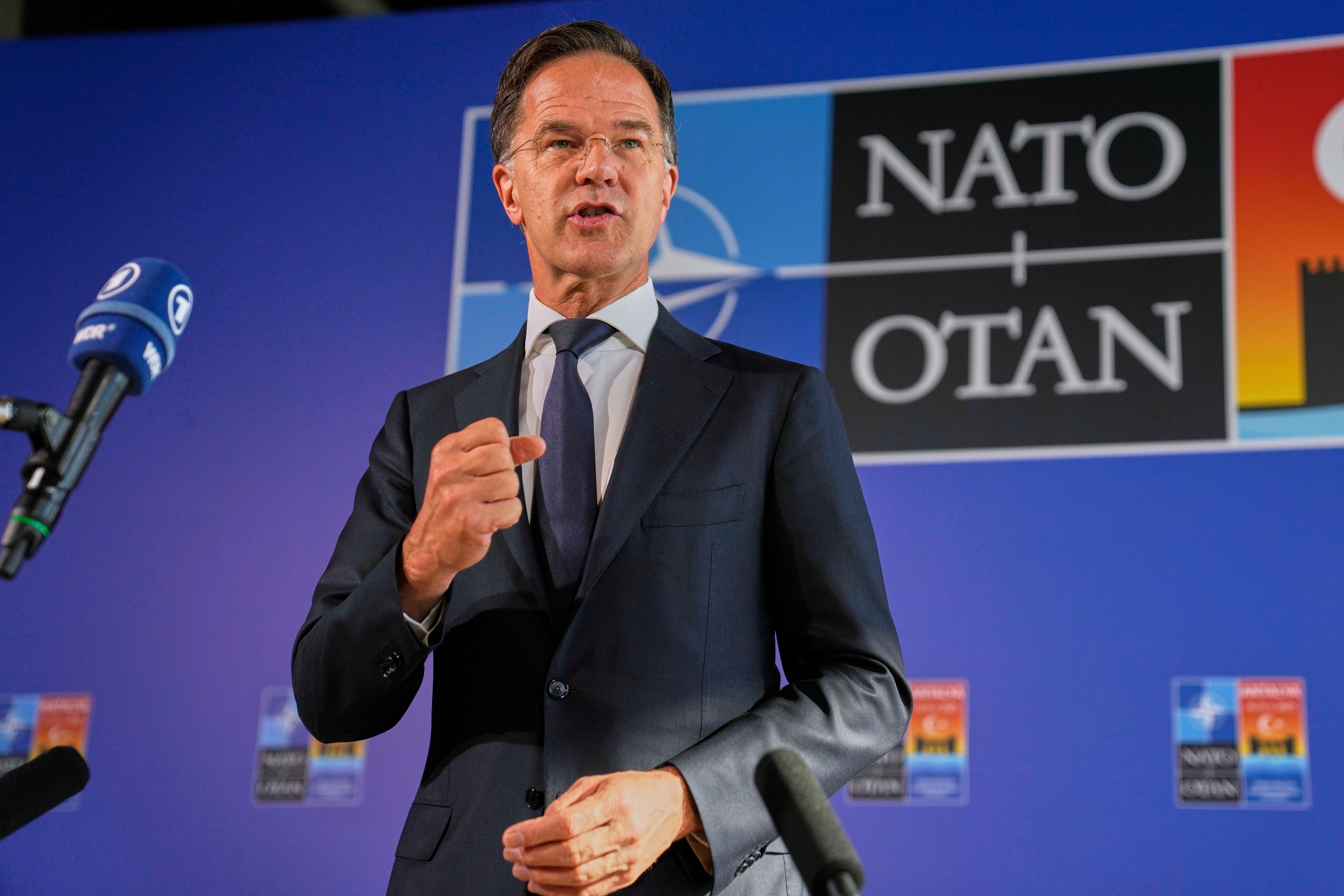Shorouk Express
Sign up for the View from Westminster email for expert analysis straight to your inbox
Get our free View from Westminster email
Get our free View from Westminster email

Rachel Reeves is facing a cabinet revolt over her spending review amid fears departmental cuts will lead to key manifesto spending promises being ditched.
In what is being described as a “proxy war”, the chancellor is facing a push to consider taxes on the wealthy instead of cuts before she outlines her government spending plans next week.
Room for manoeuvre is further restricted by an expectation that the government will U-turn on cancelling winter fuel payments for millions of pensioners, as well as ending the two-child benefit cap, which could cost Ms Reeves as much as £5bn.
The row follows reports that major departments, including Yvette Cooper’s Home Office and Angela Rayner’s Ministry of Housing, Communities and Local Government (MHCLG) have still not settled on an agreement for the spending review due to be unveiled on Wednesday 11 June.

open image in gallery
The mounting pressure on the chancellor comes as former Treasury adviser Jim O’Neill told Ms Reeves that she needs to borrow more for major projects to kickstart growth as the latest forecasts have seen another downgrade for the UK economy, leaving the chancellor with less wiggle room.
And there are fears that a further squeeze on public finances will open the door for Nigel Farage’s populist Reform party to seize power.
The OECD on Tuesday downgraded its estimate for the UK’s economic growth this year to 1.3 per cent, from 1.4 per cent, and to 1 per cent, from 1.2 per cent, in 2026.
Meanwhile, the government’s pledge to increase defence spending to 3 per cent of GDP has been complicated by Nato’s decision to tell member states, including the UK, to hike it even further to 3.5 per cent.
A senior Labour source told The Independent that the chancellor’s decisions over the next week will “see the ending of a number of manifesto pledges as actually being deliverable”.
With Ms Reeves already being accused by critics of trying to bring in “austerity 2.0”, it is understood that a growing number of Labour MPs and trade unions are now pushing for her to introduce wealth taxes instead.
The idea featured in a leaked memo from Ms Rayner, in which the deputy prime minister proposed eight different wealth taxes, including increasing dividend tax rates for higher earners and targeting property traders who use corporate structures to avoid stamp duty.
A senior Labour source told The Independent: “I think the spending review is becoming a proxy war to desperately try and stop Labour facing an existential crisis — the breathtaking collapse in support continues, and to just try and deliver some of its manifesto so that ordinary voters can see and feel that they have.”
They added: “I cannot see how Rachel Reeves lasts.”
With fears that cuts will mean having to row back on promises on border control, policing, housing and social care, the source warned: “I think this spending review will realistically see the ending of a number of manifesto pledges as actually being deliverable.”

open image in gallery
Ms Reeves’s strict rules on borrowing and her refusal to increase income tax, VAT or employee national insurance, there are concerns within Labour that “the fiscal rules are destroying Labour politically and on delivery of their agenda”.
But the biggest fear is that a new wave of austerity will hand Nigel Farage and Reform UK power.
The senior source noted: “People are starting to get real and get vocal. People are realising the Reform threat is not just a crazy blip. It could be the legacy of this Labour government that they usher in the first far-right government in Britain’s history. That cannot be allowed to happen.”
Meanwhile, Lord O’Neill has warned that she will have to borrow more to kickstart growth.
The economist urged her to invest in major projects he dubs “big positive multipliers”, such as Northern Powerhouse Rail or small modular nuclear reactors.
The investment is expected to be the subject of a major speech by the chancellor tomorrow as she tries to regain the initiative.
However, the government is still struggling to explain how it plans to pay for defence pledges made in its strategic review on Monday.
The 3 per cent of GDP on defence by 2034 pledge has been downgraded to “an ambition”, but now Nato’s new general secretary Mark Rutte is set to put up a proposal for the next summit of the defence bloc for all members to pay 3.5 per cent.

open image in gallery
One senior insider said Britain would “without a doubt” sign up, but was unable to say where the money would come from.
On Tuesday, defence secretary John Healey failed to rule out tax rises to make Britain “battle-ready”.
He said the government would “set out how we’ll pay for future increases in the future” when quizzed over how Britain can afford to boost its military funding to 3 per cent.
Mr Healey said he is “100 per cent confident” the target would be met – but he struggled to say how it would be paid for after economists warned that significant tax rises would be needed.





















